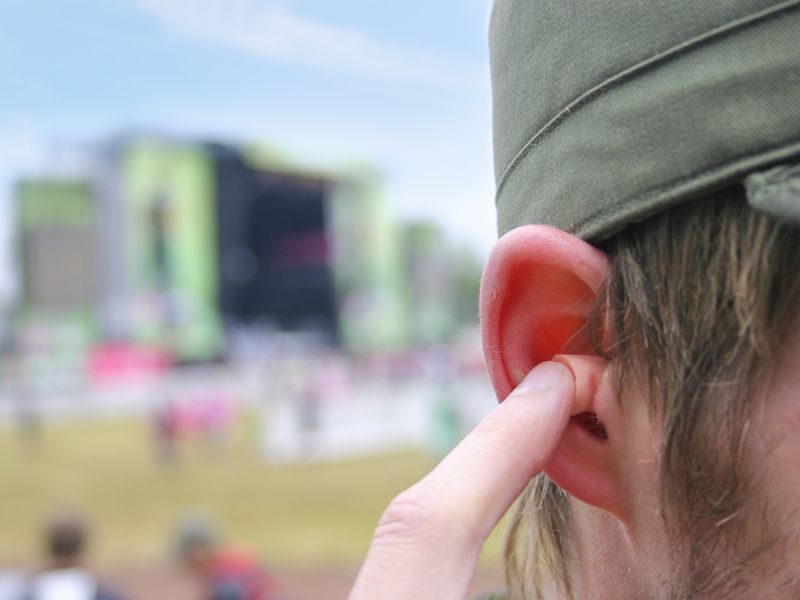
Earplugs can be beneficial if you’re exposed to loud sounds, such as for example, something as simple as a snoring spouse, or a lawnmower in your backyard, or going to a concert at an arena. In the first two instances, they can help protect your ears by turning down the volume. They assist in saving your peace of mind and possibly even your relationships, in the last situation, by enabling you to get a good night’s sleep. But are your ears being injured by these protectors?
Why Use Earplugs in The First Place?
The argument for earplugs is fairly simple: Properly used, earplugs can help to safeguard your ears by minimizing your direct exposure to excessive decibel levels. Perhaps you’ve noticed that your hearing sounds different after you leave a loud venue, for instance, a football game with a loud crowd, and you could also have symptoms of tinnitus. This happens because those super-loud sounds actually bend the tiny hair cells inside your inner ear. It often goes away within a couple of days, because the hair cells have recovered.
But if you’re subjected to high decibels frequently, for example, if you work on a construction crew or at an airport, the audio attack on those tiny hair cells is unyielding. As opposed to bending and then recovering, the cells are permanently damaged. There are around 16,000 of those little cells in each cochlea, but up to 50% of them can be damaged or ruined before your hearing has changed enough for the deficiency to show up in a hearing exam.
How Might Your Hearing be Damaged by Wearing Earplugs?
That being said, you’d think that using earplugs would be a no-brainer with regards to protecting your ears. But primarily if you’re in situations where you’re subjected to loud noises regularly (like on the job or when your significant other snores as previously stated), headphones that reduce, but don’t totally cancel, sound or over the head earmuffs are a much better choice. Earplugs aren’t the best choice for day to day use but are better suited to one time occasions like a concert or sporting events.
Why? The first problem is, earwax. Your ears produce wax to defend themselves, and if using earplugs is something you do regularly, they’re going to create more of it, and you’ll probably jam it in with the plugs. Tinnitus and other complications can be the outcome from impacted earwax.
Ear infections can also result from overuse of earplugs. They can become bacteria breeding grounds if you wear the same pair but fail to properly clean and disinfect them. Ear infections are, at the very least, a painful irritation. But at the negative end of the scale, they can also be the cause of a loss of hearing if left untreated.
How Can You Safely Use Earplugs?
Earplugs nevertheless have a strong positive, whether it’s protecting your hearing or enjoying a good night’s sleep. You just have to be certain you’re using the correct kind and utilizing them in the correct way. Foam earplugs are the least costly, which is good because you really should not reuse them, the soft, porous material is a germ’s haven. Don’t put silicone or wax earplugs back in your ears until they are thoroughly dry after utilizing warm water to entirely clean them. Buildup of dampness can cause mold and bacteria so store your earplugs in a well ventilated place.
You may want to get in touch with us concerning custom fit earplugs if you want or need them frequently. They’re comfortable because they are made from molds of your ears and they’re reusable. Again though, to stop any potential hearing problems, it’s essential to practice good earplug hygiene!
